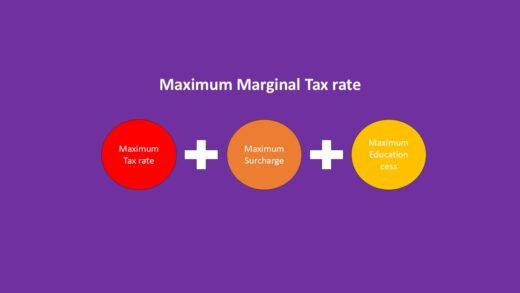ITAT Mumbai in the case of Samagra Wealthmax Private Limited[1] holds that capital reserve arising on account of amalgamation is a capital receipt and cannot be taxed as a benefit or perquisite arising from business under sec 28(iv) of the Income Tax Act, 1961 (‘Act’).
Samagra Wealthmax Private Limited (‘Assessee’) held the entire share capital of M/s Orval Corporate Solution Private Limited (‘Orval’) which in turn held the entire share capital of Celina Buildcon (‘Celina’) and Infra Pvt Ltd (‘Infra’). With an intention to simplify the group structure, the management of the Assessee merged Celine and Infra which are indirect wholly owned subsidiary of the Assessee with Assessee, after seeking approval of jurisdictional Regional Director. No consideration was issued pursuant to the merger due to restriction under the Companies Act 2013 in respect of issuance of shares by holding company to its subsidiary company. Accordingly, pursuant to the approval of the aforesaid merger, investment held by Orval into Celina and Infra were cancelled without any additional consideration flowing to Orval. Accordingly, amount pertaining to the cancelled investment amounting to INR 149.29 Crores was credited to capital reserve account by the Assessee.
Assessing Officer (‘AO’) noted that Assessee had received assets worth INR 149.29 crore without paying any consideration. Accordingly, a show cause notice was issued, questioning Assessee as to why the amount of INR 149.29 crore shouldn’t be treated as an income under sec 28(iv) or sec 56(2)(x)(c), and finally the tax officer treated INR 149.29 crore as income under sec 28(iv) of the Act.
Aggrieved by the order of AO, Assessee preferred an appeal before CIT(A). CIT(A) passed an order in favour of the Assessee, which was upheld by hon’ble ITAT, Mumbai bench, stating as under:
- Sec 28(iv) – business income charge:
There must be a benefit or a perquisite which must arise out of the business or profession carried on, but in the current case, there is absolutely no benefit or perquisite arising out of the scheme of amalgamation which was undertaken rightfully in compliance with sec 2(1B) of the Act. - Assessee always indirectly owned the shares of Celina and Infra through Orval, which after the amalgamation led to the direct inhouse ownership of the assets. Thus, there was no benefit or perquisite and the Assessee has neither become richer nor poorer.
- INR 149.29 crore of capital reserves was merely an entry which was required to be passed for the limited purposes of balancing the books, it cannot give rise to any benefit or perquisite. Reserves created on amalgamation is capital in nature and cannot be said to be created on account of business activity.
- Orval did not claim the diminution in the value of the investment as an expense at the time of filing of its return of income. Thus, no benefit has been claimed by Orval on the write off of the investment.
- 56(2)(x)(c) – other income (gift tax):
Amalgamation qualified as an exempt transfer under sec 47(vi) and complied with conditions as per sec 2(1B) of the Act, hence any receipt of any property pursuant to an exempted amalgamation should not be subject to tax under sec 56(2)(x)(c).
[1] DCIT vs Samagra Wealthmax Private Limited [ITA No. 2165/Mum/2023]
For detailed discussion on the above case law, please feel free to contact devadhaantu@devadhaantu.in


